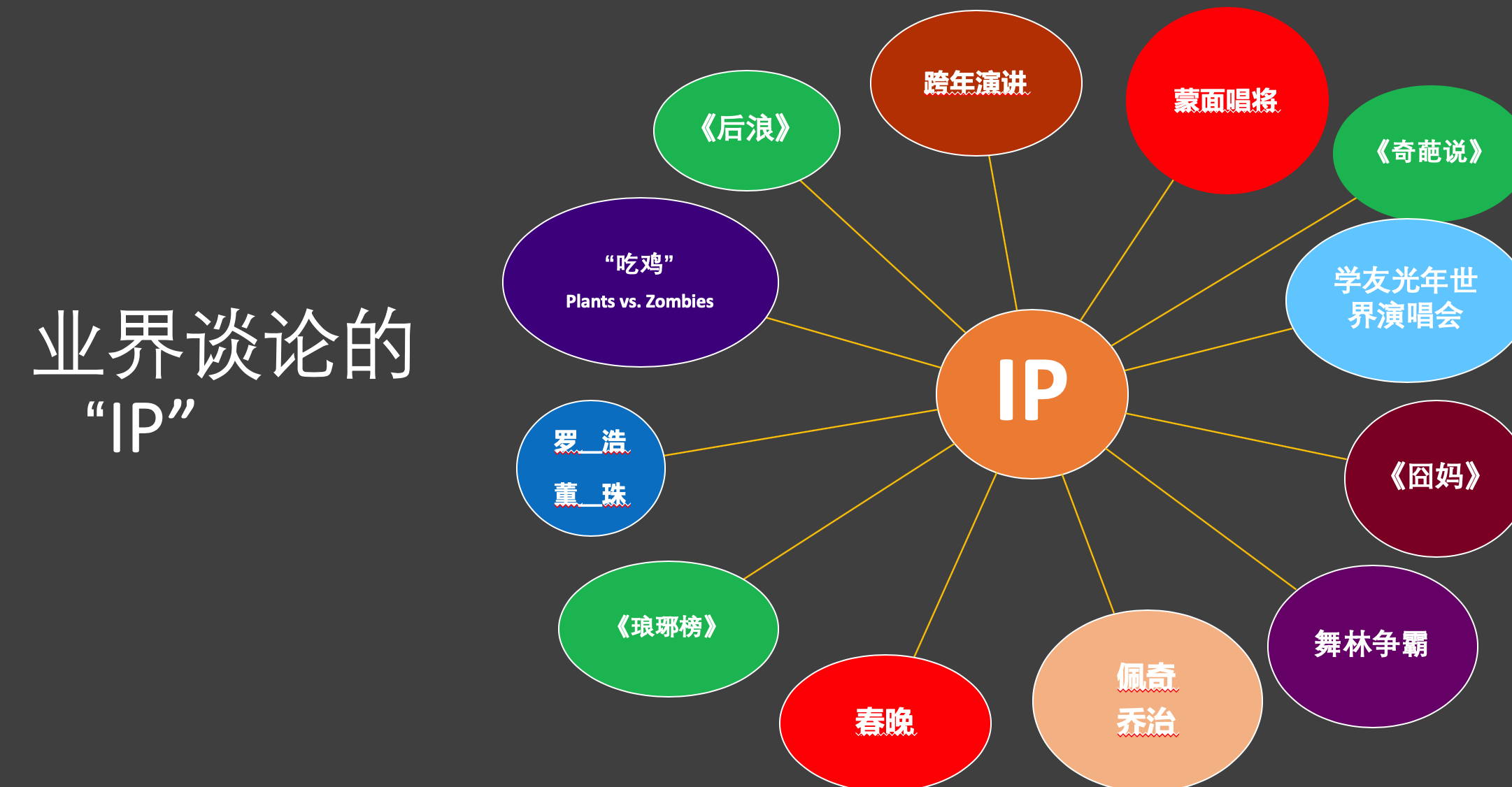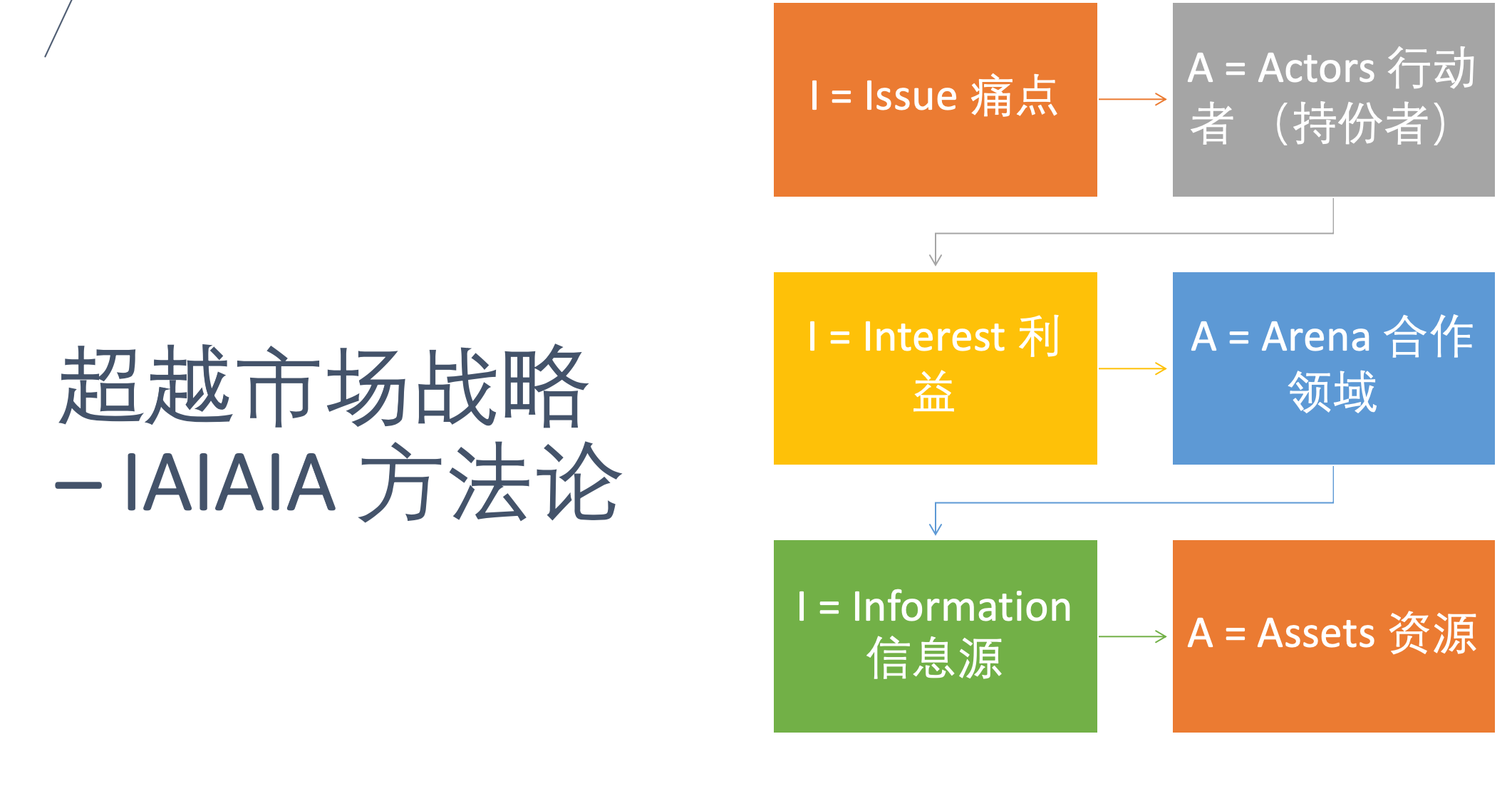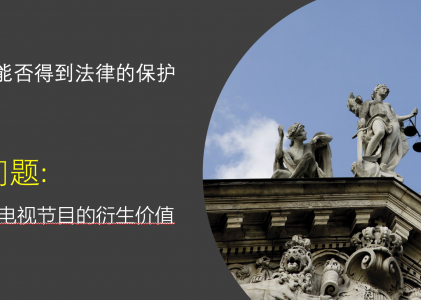5月23日,蒙香港大学企业研究院邀请,与中港两地文创产业的中高级管理人士通过Zoom连线交流了「娱乐业爆款IP的商品化策略」及「娱乐业知识产权战略的设计」等话题。
以下是部分讲座内容。
泛娱乐业以及大文创行业所谈论的IP通常是指影视剧、游戏、动画、文学等为公众提供消遣的产品,与法学语境下的 “IP” 概念并不相同。
传统的IP法律主要包括商标法、著作权法、反不正当竞争法等,其中的权利与娱乐业概念中的 “IP” 并非一一对应的关系:这一点,业界常常没弄清楚。以为他们脑海中的每种 IP 都一定有现成的、查查法条就够了的保护方案。

IP in the sense of Copyright Law includes film and television dramas, animation, games, crosstalk, novels, stage design, etc. In the Trademark Law and Anti-Unfair Competition Law, IP contains logos, unique names of well-known products, trade secrets, unique decorations, etc. The Patent Law seems to be far away from the entertainment industry, but certain patent achievements will have a direct or indirect impact on the entertainment industry.
《著作权法》意义上的IP包括影视剧、动画、游戏、相声、小说、舞台设计等。在《商标法》以及《反不正当竞争法》中,IP包含标识、知名商品的特有名称、商业秘密、特有装潢等。《专利法》看似与娱乐业相距甚远,但某些专利成果仍然会对娱乐产业产生直接或间接的影响。
In the entertainment industry, there are some “IPs” that have not been explicitly protected by law. The most important ones include TV program formats and live sports events. For program producers, the law is just one of the factors to be considered. They need to maximize legal protection and also minimize infringement risks. It is also necessary to understanding their potential licensees and local ecology.
在娱乐业还有一些尚未受法律明确保护的超大IP,其中最主要包含两种:节目模式和体育赛事直播。对于节目制作人而言,要最大化地获得法律保护,要平衡商业机会与侵权风险,还要了解被许可人和当地生态。

Take “The Voice of China” as an example, it was a program licensed by Talpa, and aired by Zhejiang TV in 2012, with great success in the first three seasons. However, starting in 2016, Talpa wanted to change licensee to another Chinese company, Tangde Film. Thereafter, the three parties fell into a completed legal war.
以《中国好声音》为例,2012年开始在浙江卫视播出,前三季获得了巨大成功。但从2016年开始,该节目模式的持有人荷兰Talpa公司与中国的被许可人上海灿星公司,以及另外一个被许可人唐德影视陷入转椅一般的 “涡轮战” 。

In the course of the tripartite bondage, due to the impact of new competitive programs, the market share of “The Voice of China” gradually declined. In 2018, the three parties finally reached a settlement, Canxing, the first licensee, continued to use the Chinese name of “The Voice of China”. Tangde Film terminated the license agreement with Talpa. Talpa withdrew from the Chinese market.
在三方胶着的过程中,由于遭遇新竞争节目的冲击,“好声音”的市场份额渐渐下降。2018年,三方终于达成和解,灿星公司继续使用《中国好声音》的中文名字,唐德影视也无需再支付许可费,而Talpa公司则退出中国市场。
It can be seen from this case that, as an introducer or producer of a program, when entering a new market, the original format creator must select local partners/licensees very carefully. At the same time, potential licensees must also continuously improve their capabilities in not only the production of good programs but also mobilizing various resources.
从这一案件中可以看出,作为节目的引进者或制作人,当进入一个新市场时,要非常谨慎地选择被许可方。同时,潜在被许可方也要不断提升自己的能力以及调动各种资源的可能性。
During the investigation of the licensee, a licensor must first consider its market power, secondly analyze the potential competitors, and finally examine whether the licensee has the ability to localize the programming model.
对被许可方的考察首先要研究其市场力量,其次要分析潜在的竞争对手,最后还要考察被许可人是否具有将节目模式本地化的能力。

Secondly, the protection of IP cannot rely on a single legal method but must adopt a multiple rights solution. For example, in a TV format, its stage design, scripts, and animations are subject to copyright protection; its logos, slogans, iconic actions, etc. are subject to trademark protection; while the overall style and look (feel) of the program may be subject to protection of the Unfair Competition Law.
其次,娱乐业IP都无法套用单一的法律手段,而要采用多元权利的解决方案。例如在节目模式中,舞台设计、脚本、动画属于版权保护的对象;logo、标语、标志性的动作等属于商标权保护的对象;而节目的总体风格和装潢(look and feel)则可能属于《反不正当竞争法》保护的对象。
Thirdly, management is more important than legal actions. One not only needs to sign an agreement but also needs to register rights, set up a confidentiality protection program, consider brand publicity. It shall also consider making the creation team exclusive, and so on. A traceable management process can ensure the clarity of IP ownership and reduce subsequent disputes.
再次,娱乐业的IP还需要过程化的管理。不仅仅是签署协议,还需要登记注册、签署保密协议,进行品牌管理、让创作团队具有排他性等等。过程化、可回溯的管理流程可以保证IP权属的清晰,减少后续争端。
It is also necessary to rationally allocate resources. Choose a suitable local partner, build a sound brand moat, and make full use of non-market factors to form a protection for yourself.
更重要的,在知识产权战略层面,还要合理配置资源。选择合适的当地合作者,建立健全品牌护城河,充分利用非市场因素形成对自己的保护。
In this context, the IAIAIA approach shall be introduced in building up a robust IP strategy. First, identify the issues and the actors who will influence the issue; that is the first “I” = Issue pain points, and A = Actors (stakeholders). Second, you must identify the interest of each actor, and confirm the arena with which they can cooperate. Then you will have a base to establish a cooperative and competitive relationship, which is the second set of “IA”, I = Interest, A = Arena. Afterward, you may then collaborate with actors to share information, and finally, mobilize all resources (assets) to address the issues and to reach your aim – this forms the third set of “IA”.
其中,超越市场战略(IAIAIA方法论)便是企业知识产权战略中非常重要的方法论之一。这一理论指出,首先要找到痛点和行动者(竞争者),即I = Issue 痛点,A = Actors 行动者 (利益相关者)。其次要找到这些行动者的利益点,并确认与其可以合作的领域,建立一种既合作又竞争的关系,即I = Interest 利益,A = Arena 合作领域。然后才能与这些利益相关者共享信息,最后调动所有资源解决痛点。

《母亲节的来历,及对IP战略的启示》
《从所谓天价“云铜”商标转让案说起》
《你能证明自己是作者吗》
《滚,老娘在创作!——美颜时代的美术和摄影》
《疯狂版权法之:一个演员的血泪史》

